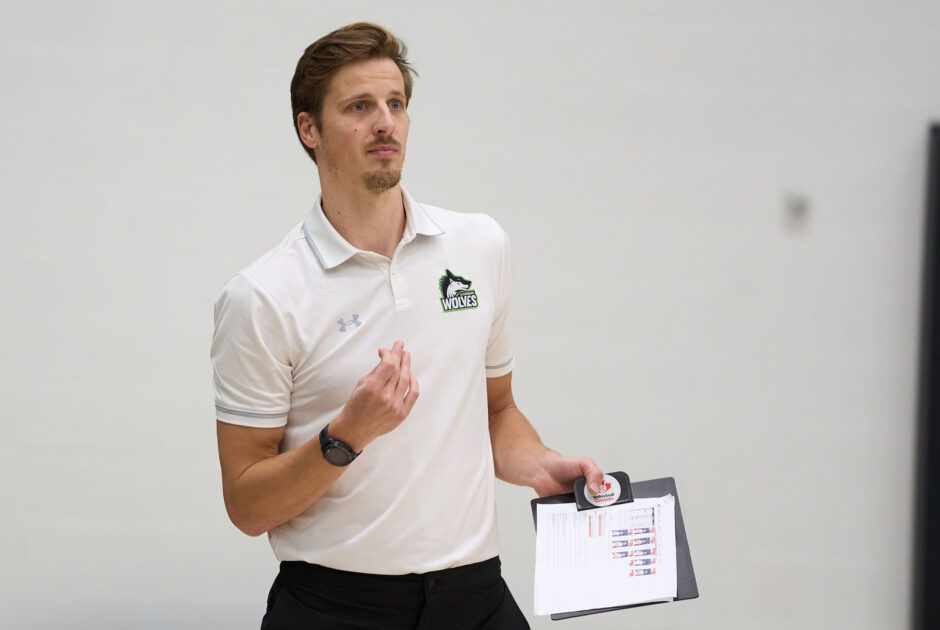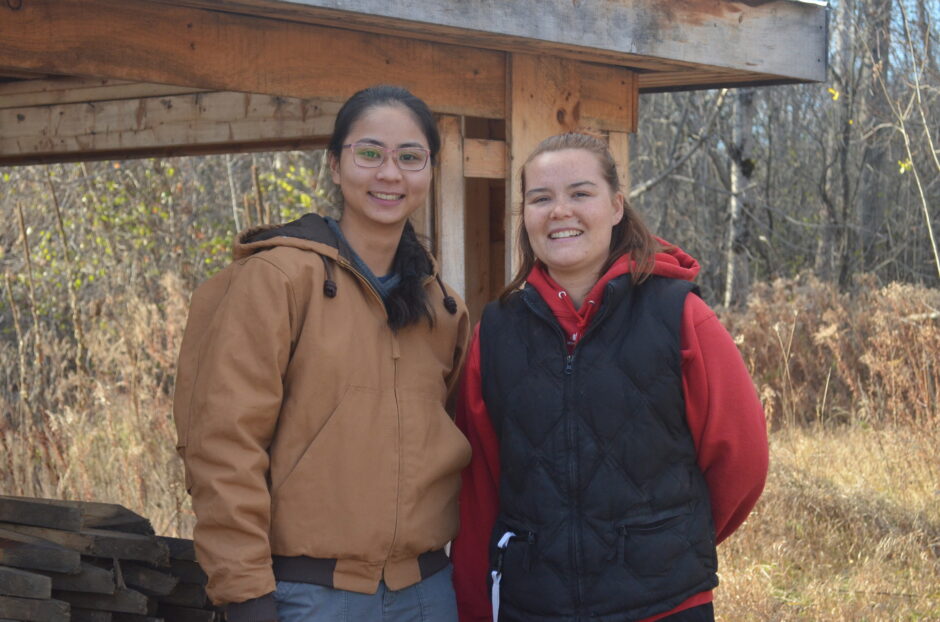Taking things apart helps mechanical engineering technology grad succeed

Some kids want to be astronauts or princesses or actors when they grow up. Young Adam Cordick wanted nothing more than to be a race car driver.
Not just the car’s driver though, but also working on the car as an automotive engineer.
He got the inspiration to become a race car driver from his father, Keith Cordick, as the two of them loved to work together on various projects such as cars.
It was a bonding experience as well as a way of helping Cordick learn about the different parts of the machine and how they all worked together.
“I was an avid learner,” he said. “I liked to take my toys apart and see how they worked and connected and see how it was put together. Machines and things make much more sense to me when I’m able to take them apart… That sense had always come naturally to me.”
Cordick, 27, was the valedictorian for the School of Advanced Technology and studied mechanical engineering technology. He gave a speech to his fellow 2020 graduates in October.
As Cordick grew older and began to expand his knowledge and hone his skill of taking things apart and solving them, he also became interested in the mechanics of the human body too. He was unsure of what field to pursue.
At first, Cordick attended a semester at Carleton University for medical mechanical engineering, but the scientific and engineering didn’t appeal to him, so he dropped out.
Next, he went into carpeting to work with his hands once again but found that path to be too mentally unstimulating.
He then tried graphic design and then got on the apprenticeship path to become a mechanic. Finally, he came back to school at Algonquin College to study mechanical engineering technology.
Cordick did the first and second blocks of his apprenticeship studying at Algonquin College, but in order to do that, he needed to be working, so he worked as a mechanic for three years.
“All that experience I had helped me be able to visualize the systems I was working with,” Cordick said. “It helps me a lot to be able to break it down to smaller bits and pieces to mentally take it apart.”
During his time at Algonquin College, Cordick managed to catch the attention of Bruno Rocha, his future intro to microcontrollers and industrial electronics professor, when his name came up during a faculty departmental meeting.
“I knew Adam Cordick before I ‘knew’ Adam Cordick,” said Rocha. “He was always being mentioned during the meetings. He was mentioned as this bright and visual learner that worked hard, and was committed and intelligent. And then when I met him, all the things that I heard were all true.”
According to Rocha, some of the biggest factors that indicate to him if a student will succeed is if they are committed and if they will fight to achieve their goal. If this is the case, then there’s nothing to do to stop them.
“I have seen brilliant students have intelligence, but then lacking commitment and then struggling to be able to succeed,” Rocha said. “And then I have seen students that come in with no background at all and show that. And, you know, while people were partying on Friday night, I was in my office in the morning at 3 a.m and they were there and they were coming with questions.”
Cordick was nothing but a fighter in Rocha’s mind. He never had any problems with his classmates and he always thought outside the box. “He was someone that made simple solutions for complicated problems,” Rocha said, which is what the mechanical engineering technology program is all about.








